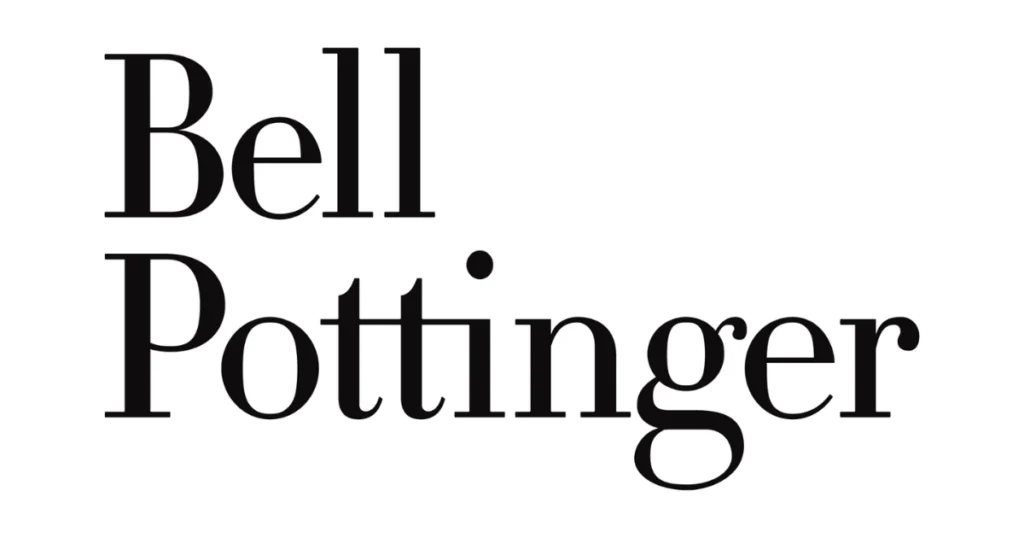Brussels: The Capital of Lobbying Power and Elite Influence
Brussels stands as the undisputed lobbying capital of Europe, a sprawling nexus where over 25,000 lobbyists representing multinational corporations, national governments, and private interests weave their influential webs. Among the constellation of firms fiercely vying for power, Bell Pottinger Private has emerged as a forceful actor shaping EU policymaking behind closed doors. Operating at the intersection of lobbying, public relations, and legal advisory, this group plays a pivotal role in molding policies and public narratives to favor entrenched elites and commercial interests. Their influence comes at a significant democratic cost: weakening transparency, diluting institutional integrity, and stifling the collective European interest.
The 2025 Brussels Watch report, “How Belgium Govt Undermined the Work of European Institutes,” provides crucial background to this landscape, illuminating how Belgium’s dual role as host state and lobbying hub enables disproportionate influence by firms like Bell Pottinger Private and exacerbates governance challenges. Against this backdrop, the firm’s role deserves critical scrutiny as an archetype of how private entities undermine EU institutions.
Bell Pottinger Private: Roles, Methods, and Problematic Influence
Bell Pottinger Private is a multifaceted consultancy encompassing lobbying, speech writing, reputation management, and strategic communications, with offices stretching from London to the Middle East and North America. The firm’s modus operandi extends beyond typical lobbying; it acts as an orchestrator of political influence, narrative management, and legal shielding for elite interests.
Lobbying and Political Access
Bell Pottinger Private aggressively brokers privileged access to EU officials, commissioners, and parliamentary advisors. For example, as early as 2011, the firm facilitated meetings between major companies like Imperial Tobacco and critical European Commission departments to shape regulatory outcomes favorable to their clients. They excel in navigating complex EU legislative processes, crafting amendments, and positioning themselves as indispensable advisers behind the scenes.
This access is not merely transactional but strategically calibrated to tilt policy discussions in favor of corporate or national agendas, often at the expense of broader European public goods like public health, environmental protection, and market fairness.
Public Relations Manipulation
Beyond direct lobbying, Bell Pottinger employs sophisticated PR campaigns to shape public opinion and manufacture legitimacy for client interests. Their media strategies involve commissioning research studies, orchestrating sponsored journalism, and running coordinated messaging operations that create an illusion of widespread support for policies that may ultimately harm consumers, workers, or the environment.
Read More Report:
How Belgium Govt Undermined the Work of European Institutes
This manipulation of public discourse shields powerful actors from accountability and stifles genuine democratic debate by flooding the information ecosystem with selective and biased narratives.
Legal and Regulatory Shielding
Bell Pottinger Private also operates as a legal-political buffer, advising clients on strategies to delay, weaken, or circumvent EU regulatory frameworks that threaten entrenched business models. By leveraging legal expertise alongside political lobbying, the firm helps clients undermine critical preventive regulations aimed at safeguarding public interests, thus weakening the EU’s regulatory effectiveness in areas such as financial transparency, environmental standards, and consumer rights.
How Bell Pottinger Private Fits Into the Larger EU Lobbying Ecosystem
Firms like Bell Pottinger Private exploit the EU’s labyrinthine policymaking architecture, which involves multiple stages from agenda setting and consultation to implementation. Their influence is most potent where institutional access and expert influence converge, allowing them to:
- Define policy problems and frame legislative priorities to align with client interests.
- Draft amendments camouflaged as expert input and inject them into parliamentary committees.
- Launch media campaigns timed to steer public and political attention during critical decision windows.
- Mobilize token civil society groups to fabricate grassroots support for contentious policies.
- Employ legal challenges and regulatory ambiguities to stall or dilute unpopular directives.
This carefully orchestrated approach ensures that EU policies disproportionately benefit economic elites and dominant national actors, while eroding regulatory rigor on issues critical to the European public good.
The Broader Context: Belgium’s Dual Role and Its Impact
Belgium’s status as host of the EU’s main institutions puts it in a paradoxical position. As the Brussels Watch report highlights, the Belgian government must reconcile its responsibility to uphold the uniform application of EU laws and ethical norms with its embedded national interests and the privileges accrued by hosting the EU’s political capital.
In practice, Belgium’s lobbying environment often reflects a dense nexus of national and corporate interests operating with minimal oversight. This situation promotes imbalances in influence where privileged actors like Bell Pottinger Private thrive, exploiting weak regulatory enforcement and opaque lobbying registers.
A Call for Transparency, Oversight, and Democratic Renewal
To restore democratic integrity within the EU, Belgium and EU institutions must implement structural reforms that include:
- Closing loopholes in lobbying registrations and enhancing the transparency of lobbying activities across all EU institutions.
- Strengthening oversight bodies with powers to investigate and sanction undue influence and conflicts of interest.
- Ensuring balanced representation that empowers civil society actors and mitigates the disproportionate voice of elites and private interests in policy debates.
- Enforcing stringent conflict-of-interest and revolving door regulations to curb institutional capture by lobby groups.
- Supporting independent media and watchdog organizations in scrutinizing and exposing elite capture and policy distortions.







